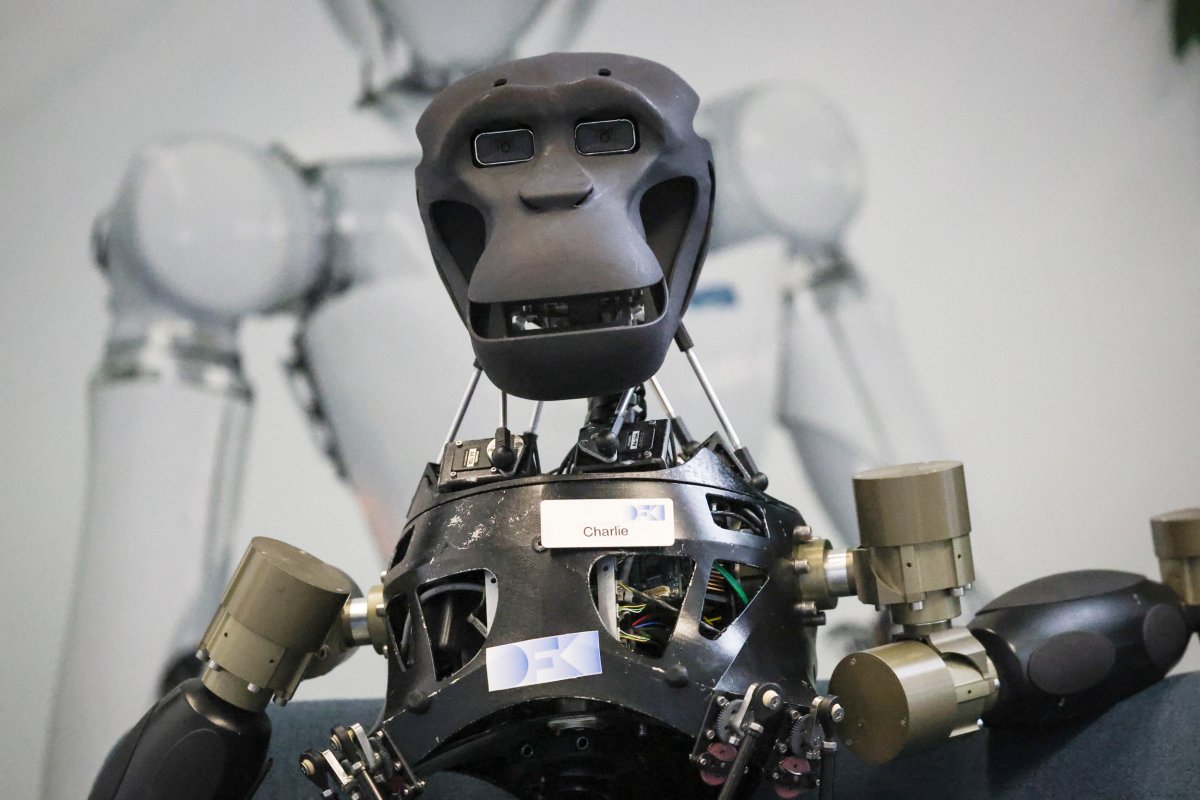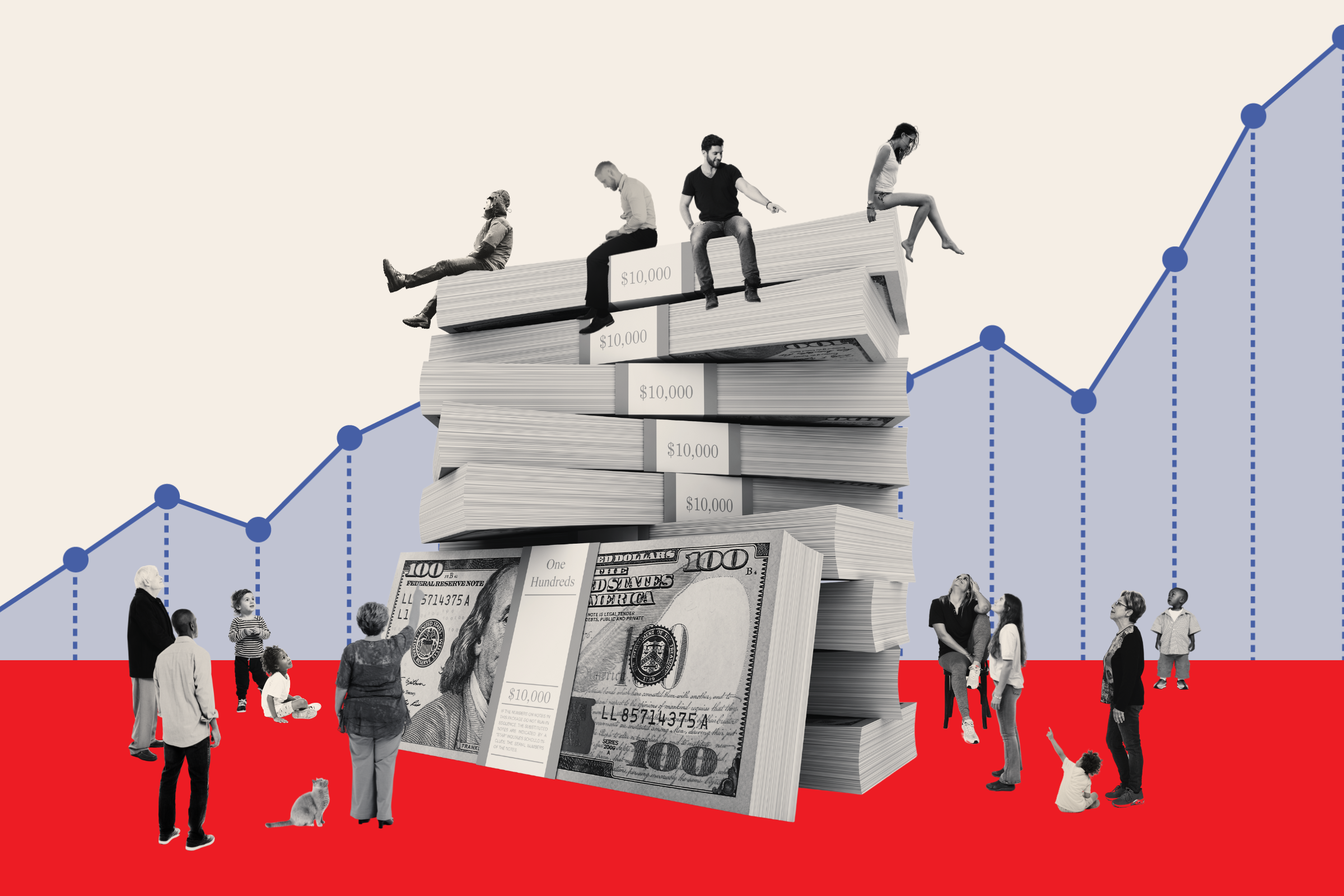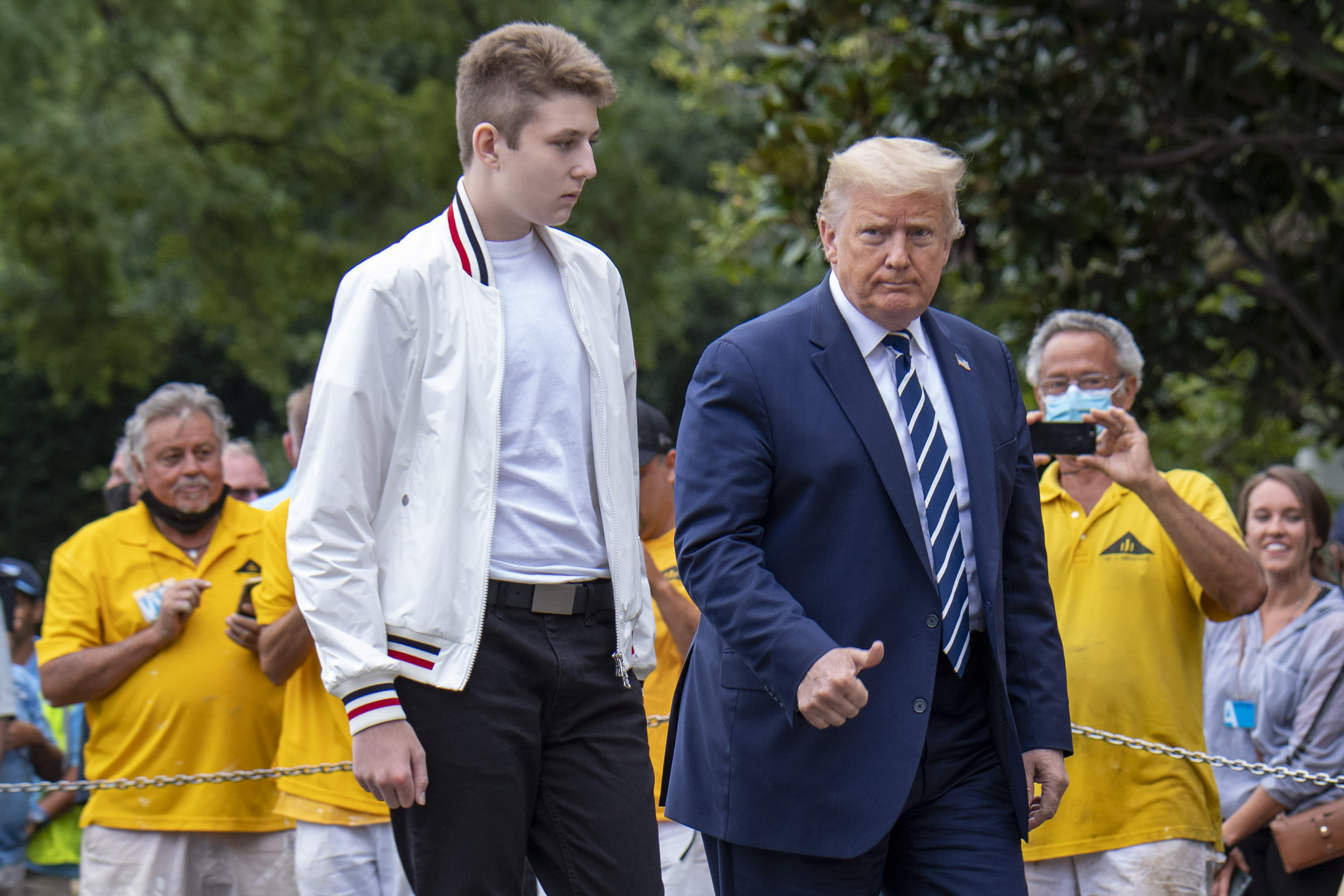What happens when people born before the moon landing try to write rules regulating the minutiae of Artificial Intelligence technology? Perhaps unsurprisingly, it doesn't always work out so well.
The ongoing bipartisan push in Congress to pass so-called "AI fraud" legislation puts this reality on full display. Elderly Republican and Democratic lawmakers are coming together to introduce legislation they say cracks down on "AI fraud"—but in reality, these overbroad bills would severely curtail free expression online and potentially prohibit everything from South Park episodes to memes featuring famous people.
Consider, for example, the "NO AI Fraud Act" recently introduced by Reps. María Elvira Salazar (R-FL) and Madeleine Dean (D-PA). (Both of whom were, yes, born before the moon landing). In their telling, this is a commonsense measure intended to "to protect Americans' individual right to their likeness and voice against AI-generated fakes and forgeries."
In reality, their bill implicates all sorts of digital expression, not just AI, and contains no sufficient carveouts for memes, humor, satire, parody, commentary, and other First Amendment protected activities.
It creates financial penalties and legal liability for anyone who "publishes, performs, distributes, transmits, or otherwise makes available to the public a digital voice replica or digital depiction with knowledge that [it] was not authorized by the individual."

The term "digital depiction" is defined so broadly that it includes any "replica, imitation, or approximation of the likeness of an individual that is created or altered in whole or in part using digital technology."
Boom: There go your memes. If this law gets passed, everything from digitally created political cartoons to hilarious, obviously satirical AI videos to South Park episodes where they mock public figures like Ben Affleck are all now potentially prohibited and punished under civil law.
You don't have to take my word for it. An ideologically diverse, nonpartisan coalition of groups committed to free expression, ranging from the ACLU to the Foundation for Individual Rights and Expression to the Electronic Frontier Foundation, just sent a letter to Congress highlighting these problems.
"Under the No AI FRAUD Act, creating a meme of an actor, politician, or anyone else without licensing their image could result in an infringement lawsuit with penalties of up to $50,000," these experts write. "That speech would then be saddled with the expense of a lawsuit (or threat of a lawsuit) to prove what should be obvious: the speech is protected by the First Amendment. Even the threat of lawsuits could have an immense chilling effect on constitutionally protected speech."
So, too, the "No AI Fraud Act" could unintentionally legally jeopardize some of the basic digital technology we all rely on with its poorly-written regulations on distributing "digital cloning technology." The coalition letter explains, "This would mean that typical smartphones—as well as any computer, laptop, or tablet—which allow users to edit video, images, and audio recordings, might invite a deluge of lawsuits."
The "NO AI Fraud Act" is just one particularly egregious example of the dysfunctional, poorly drafted technology legislation that's popping up across the country. But there are many other examples, at both the federal and state level, of this kind of legislation that might have benevolent intentions yet would have disastrous results.
Much of this legislation is wildly premature. In order to try and justify the imposition of severe restrictions that could throttle the development of cutting-edge technology America needs to dominate to compete internationally, these politicians cite purely hypothetical harms that could happen or current harms that are, thankfully, already illegal.
"Impersonation for commercial purposes is already usually fraud," R Street Institute fellow Shoshana Weissmann told me. "If there are gaps in the law for fraud or impersonation where people are actually harmed, it's fine to beef up those laws, but in most of these cases the behavior they're targeting is already unlawful—and this is just duplicative law that also prohibits a bunch of free speech."
Limited, narrow forms of AI regulation may well be necessary as this technology develops. But that's just yet another reason we need younger, more technologically literate people in Congress, who maybe aren't old enough to remember JFK's assasination.
The approach that's being taken by our current crop of Boomer elected officials is more focused on public relations and exploiting peoples' fear of new technology than on technological literacy and policy competence.
When it comes to an issue that will define the future of the American economy and the future of online speech, that's a fraud on the public far more frightening than anything AI could come up with.
Brad Polumbo (@Brad_Polumbo) is an independent journalist, YouTuber, and co-founder of BASEDPolitics.
The views expressed in this article are the writer's own.
Uncommon Knowledge
Newsweek is committed to challenging conventional wisdom and finding connections in the search for common ground.
Newsweek is committed to challenging conventional wisdom and finding connections in the search for common ground.
About the writer
To read how Newsweek uses AI as a newsroom tool, Click here.






